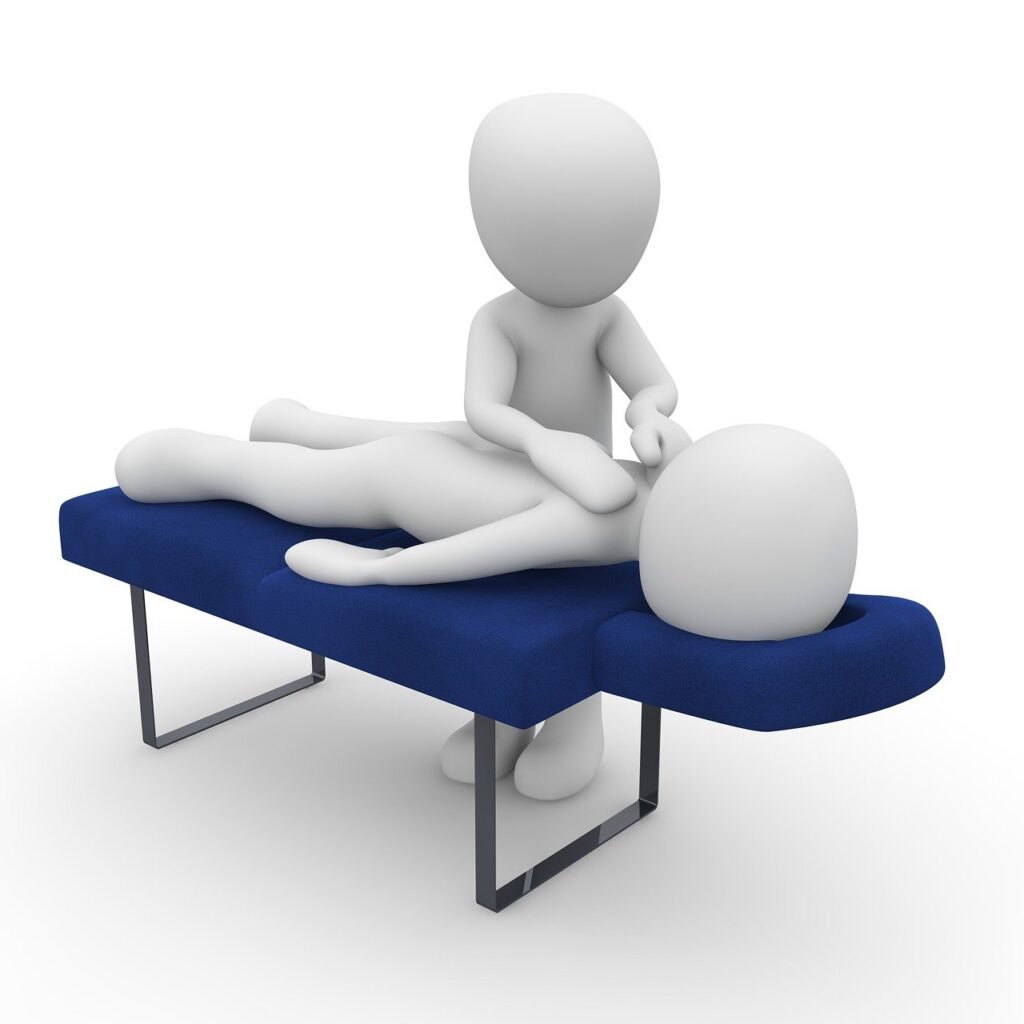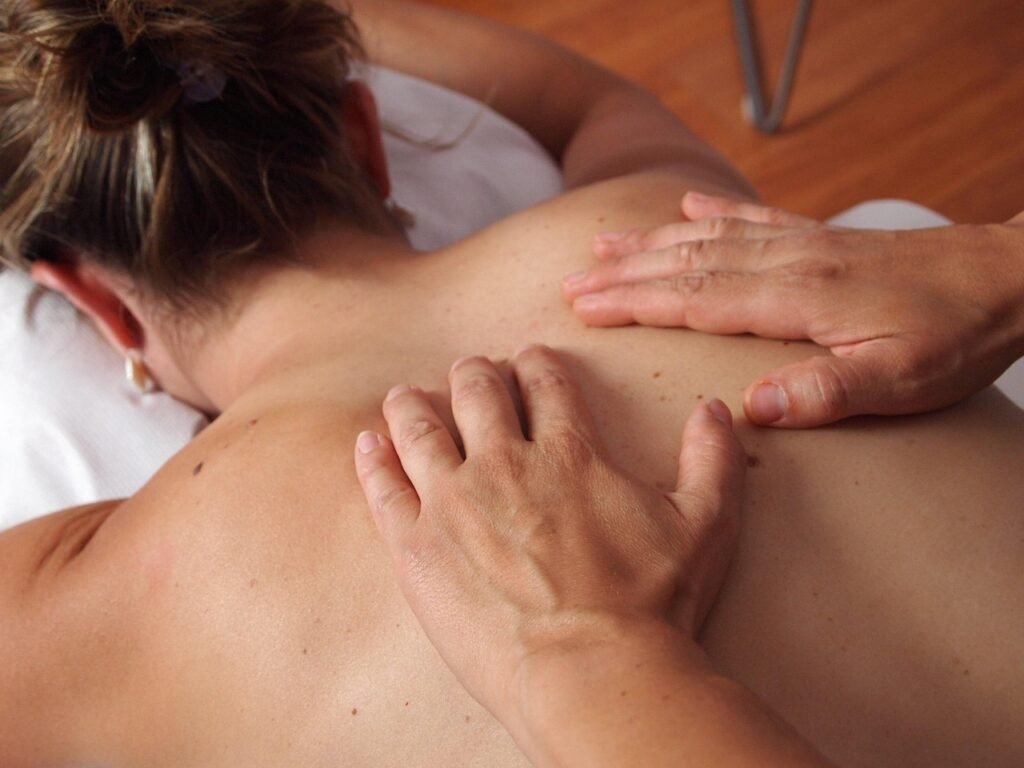Have you ever considered how something as simple as cold water could impact your health? It might sound surprising, but the practice of cold water immersion is starting to gain recognition for its potential benefits. Among these benefits is its ability to support healthy blood pressure, which is something many people strive to maintain for overall wellness.
What is Cold Water Immersion?
Cold water immersion involves subjecting your body to cold water, which can occur through activities like swimming in cold lakes, taking ice baths, or simply standing under a cold shower. While it may seem daunting, many people are finding value in this practice.
The Science Behind Cold Water Immersion
When you immerse your body in cold water, several physiological responses kick into gear. Your blood vessels constrict (a process known as vasoconstriction), which can lead to a temporary increase in blood pressure. However, once you come back to a normal temperature, your blood vessels dilate (vasodilation), promoting better blood flow and potentially lowering blood pressure in the long run. This cycle your body goes through can evoke strong responses that may help improve cardiovascular health.
The Connection Between Cold Water and Blood Pressure
Understanding how cold water immersion supports healthy blood pressure requires a closer look at the cardiovascular system. It’s a complex web of interactions, and cold therapy plays a role in optimizing its function.
The Role of Vasoconstriction and Vasodilation
Vasoconstriction, as mentioned, is when blood vessels tighten in response to cold temperatures. This response, although it seems counterintuitive, is beneficial in the short term because it helps your body conserve heat and direct blood flow where it’s needed most.
Once you exit the cold and your body warms up again, vasodilation occurs. Your blood vessels relax and widen, allowing for improved circulation and, eventually, lower pressure in the vessels. This two-fold process shows how short-term stress can lead to long-term benefits.
The Importance of Regulation
Blood pressure regulation is vital for overall health. High blood pressure, or hypertension, can lead to heart disease, stroke, and other serious health issues. By incorporating practices like cold water immersion into your routine, you may be able to help your body maintain a healthier balance.

Psychological Benefits of Cold Water Immersion
It’s not just your body that benefits from cold water. Your mind plays a significant role in how your body reacts. Engaging with cold water can provide various psychological advantages that further support your physical health.
Stress Reduction
Cold water immersion can lead to a reduction in negative stimuli. When you step into frigid water, the shock of the cold activates your sympathetic nervous system, often referred to as the “fight or flight” response. Although this response may initially seem stressful, once you’re out of the cold, a feeling of relaxation and calmness often follows. This reduction in overall stress can contribute to better blood pressure regulation.
Mental Resilience
Allowing yourself to endure cold water can build mental toughness. Every time you willingly expose yourself to cold, you’re training your mind to handle discomfort. This increase in mental resilience can spill over into other areas of your life, helping you cope with stressors that might otherwise lead to increased blood pressure.
How to Get Started with Cold Water Immersion
Before you plunge into the nearest icy body of water, it’s essential to understand how to incorporate cold water immersion safely into your routine.
Start Slow
If you’re new to cold water immersion, don’t feel pressured to jump into extreme conditions immediately. Start small, perhaps by taking cold showers. Gradually decrease the water temperature over time, allowing your body to adjust.
Frequency Matters
Consistency is key. You don’t have to immerse yourself daily, but establishing a routine can maximize the benefits. A few times a week is generally recommended, but listen to your body and allow for recovery days if needed.
Safety Precautions
Always keep safety in mind. If you have any pre-existing health conditions, particularly cardiovascular issues, consult a healthcare professional before starting cold water immersion. Even healthy individuals should avoid extreme temperatures to prevent hypothermia or other health complications.

Cold Water Immersion Techniques
Several methods exist for incorporating cold water immersion into your life. Here are a few popular techniques:
Cold Showers
Cold showers are perhaps the easiest way to introduce cold water immersion into your routine. You can gradually decrease the temperature of your showers to build tolerance.
-
How to Do It: Start with your regular warm shower, then slowly turn the temperature down for the last 30 seconds to 2 minutes.
-
Frequency: Aim for 3-4 times a week, gradually increasing the length of the cold segment.
Ice Baths
Ice baths have become a popular choice among athletes for recovery. This method can significantly stimulate blood flow and aid recovery, making it a great addition post-workout.
-
How to Do It: Fill a tub with cold water and ice. Sit in the tub for about 5-10 minutes.
-
Frequency: Ice baths can be used after intense workouts or training sessions.
Plunges into Natural Water
If you’re near a lake or ocean, consider taking the plunge into naturally cold water. This method can provide a refreshing experience and often feels more exhilarating than a controlled environment.
-
How to Do It: Simply plunge into the cold water for a brief time. It’s often best to ease in slowly.
-
Frequency: A few times a month can be sufficient.
Combining Cold Water Immersion with Other Healthy Habits
Cold water immersion should be viewed as part of a broader approach to health. Combining it with other lifestyle choices can amplify its benefits.
Exercise and Cold Water
Engaging in regular physical activity can help maintain healthy blood pressure. Cold water immersion can complement your fitness routine by aiding in muscle recovery, allowing you to perform optimally during workouts.
Nutrition Matters
Keep in mind that your diet plays a vital role in blood pressure management. Focus on consuming plenty of fruits, vegetables, whole grains, and lean proteins while avoiding excessive salt and processed foods. Hydration is also crucial; make sure you drink plenty of water to support cardiovascular health.
Mindfulness Practices
Consider incorporating activities like yoga, meditation, or even breathing exercises into your routine. These practices can enhance the stress-reducing effects of cold water immersion, providing a well-rounded approach to blood pressure management.

Listening to Your Body
While there are numerous reports on the benefits of cold water immersion, it’s important to remember that everyone’s body reacts differently. Pay close attention to how your body responds to cold exposure.
Signs to Stop
If at any point during your immersion you feel lightheaded, overly uncomfortable, or experience pain, exit the cold water immediately. Always prioritize your safety.
The Overview: Cold Water Immersion and Blood Pressure
In summary, cold water immersion presents an intriguing opportunity for managing blood pressure and supporting overall health. By engaging in this practice, you’re not just putting your body through a temporary shock; you’re also training your cardiovascular system, enhancing your mental resilience, and cultivating stress management techniques.
Building a Healthy Routine
The journey toward maintaining healthy blood pressure is not solely defined by one practice but by a combination of healthy routines. As you incorporate cold water immersion into your life, remember the importance of consistency, patience, and listening to your body’s cues.
Ultimately, cold water immersion is a unique tool that could contribute to your overall wellness. While research is still developing in this area, the early indications of its benefits are promising. So, why not consider giving it a shot? You might be surprised at the positive impact it can have on your health.


